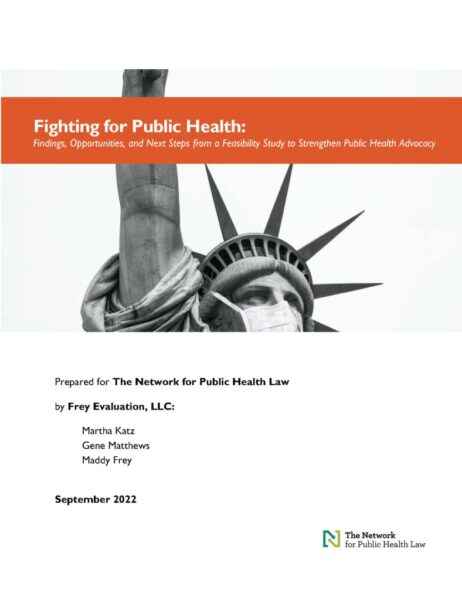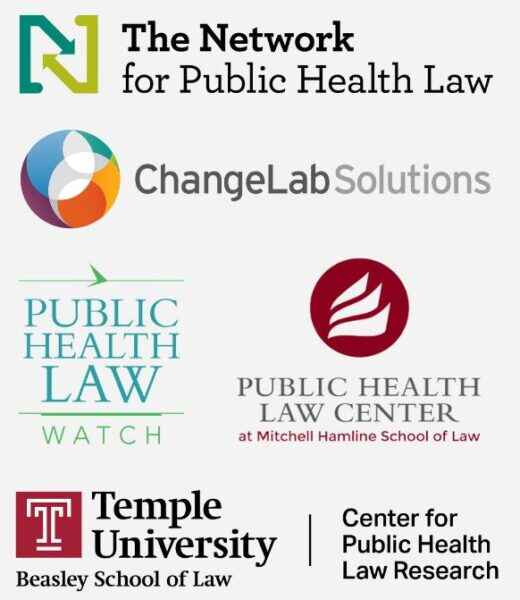School Nursing
Registered professional school nurses are uniquely positioned at the intersection of student health and education. Trained to understand the complexity of the relationship between physical and mental well-being and academic achievement, school nurses represent an important resource for improving child and adolescent health—reaching kids where they spend the majority of their waking time.

Resources

Medicaid Reimbursement for School Nursing Services

Data Sharing Guidance for School Nurses

Data Privacy in School Nursing: Navigating the Complex Landscape of Data Privacy Laws (Part II)

Data Privacy in School Nursing: Navigating the Complex Landscape of Data Privacy Laws (Part I)

Medicaid Reimbursement for School Nursing Services

Health and Attendance – The Critical Role of School Nurses in Reducing Chronic Absence

The Role of School Nurses in Managing Students with Mild Brain Injury (Concussion)
Explore more sub-topics related to Initiatives

Fighting for Public health

Act for Public Health

Network’s Intranet

Climate Change, Health Equity, and Public Health Law Learning and Practice Collaborative

Privacy Officer Peer Group

Privacy Officer Peer Group

Cross Sector Attorneys for Health

East Side Health and Well-Being Collaborative

Medical-Legal Partnerships
Spotlight

The Bipartisan Safer Communities Act Makes It Easier for Schools to Receive Payments for Critical Health Services for Children Enrolled in Medicaid and CHIP

Data Sharing Agreements

What School Nurses Really Do: Realizing the Power of School Nursing in Public Health
Learn More
A closer look at our work to increase access to school nursing
Project Leadership
Kerri McGowan Lowrey, J.D., Deputy Director and Director of Grants and Research, Network for Public Health Law Eastern Region Office
If you’re interested in learning more about how school nursing can benefit kids’ health, particularly for underserved kids, and exploring ways to expand school nursing, contact Kerri or Anna Schmalzbauer, Senior Program Manager, Network for Public Health Law National Office.
As school-based healthcare professionals, school nurses are likely to be the school staff members with the most comprehensive knowledge of the many health conditions and injuries experienced by children and adolescents. They can also provide important leadership by communicating with health care providers and parents about a student’s health plan, necessary academic accommodations, and progress.
In partnership with the National Association of School Nurses (NASN), the Network is developing a number of resources on the legal issues related to school nursing, such as ensuring access to school nursing services for all students, chronic absenteeism, data sharing, Medicaid reimbursement, and the role of school nurses in a variety of public health concerns affecting children and teens.
“School nursing, a specialized practice of public health nursing, protects and promotes student health, facilitates normal development, and advances academic success. School nurses, grounded in ethical and evidence-based practice, are the leaders that bridge health care and education, provide care coordination, advocate for quality student-centered care, and collaborate to design systems that allow individuals and communities to develop their full potentials”
-National Association of School Nurses, 2016
